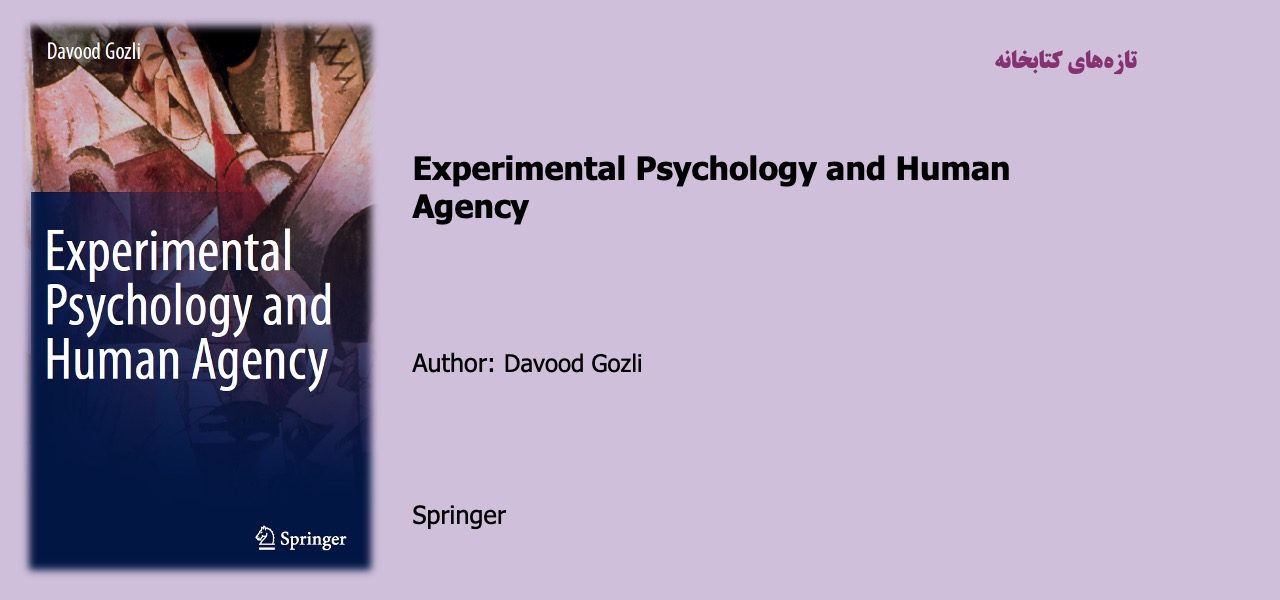Experimental Psychology and Human Agency

Critique of an activity is a form of engagement with the activity, which stimulates new ways of thinking about it. Good critique does not come from a will to dismiss. Neither does it come from pessimism or despair. That is not to say that critics should find no trace of pessimism in their minds but that pessimism does not have to be the only, or the primary, force behind their work. Critique can be grounded in hope and commitment. It can be the expression of one’s attachment to one’s tradition. Critics might be less certain and less engrossed in the assumptions of their tradition, but they are not necessarily less attached or less engaged. The present book, despite its critical approach, is written in a spirit of hopeful engagement. It reflects my effort to become aware of, and to make explicit, the assumptions and practices of my tradition of research.
To claim that critique of an activity is possible, or useful, is to claim that the activity can be done unreflectively, without regard for its significance within the larger context or its direction in the long run. Such a sentiment applies to experimental psychology, in which most of us begin our careers as research assistants. A research assistant begins contributing to a field of research without fully understanding its aims and scope and without the ability to evaluate its progress. A research assistant, for understandable reasons, begins with trust. This trust is placed not only in research activities, but also in the means of evaluating success and merit (e.g., number of publications). We might presuppose that as we continue our training, and while moving up the chain of command, we transition from unknowing and unreflective participants into reflective and knowing investigators, equipped with better means of evaluation, mindful of the broader context and long-term directions.
What does such a transition require? Salesmanship, unconditional defense of one’s field and one’s career, might succeed in keeping a field alive, but it does not produce reflective investigators. What is required is critique. This book makes a case for the place and value of critique in experimental psychology.
مطالب مرتبط

کتاب تمرین درمان شناختی – رفتاری برای مشکلات سلامت روان
۱ / اردیبهشت / ۱۴۰۴

درآمدی بر روانشناسی خرد
۱ / اردیبهشت / ۱۴۰۴

سرشت – چگونه سیمکشی مغزهای ما هویت ما را تعیین میکنند؟
۱ / اردیبهشت / ۱۴۰۴

